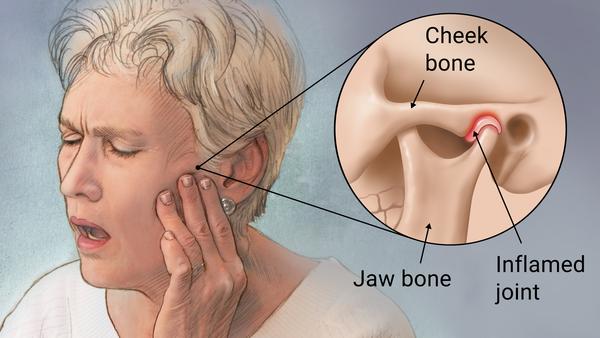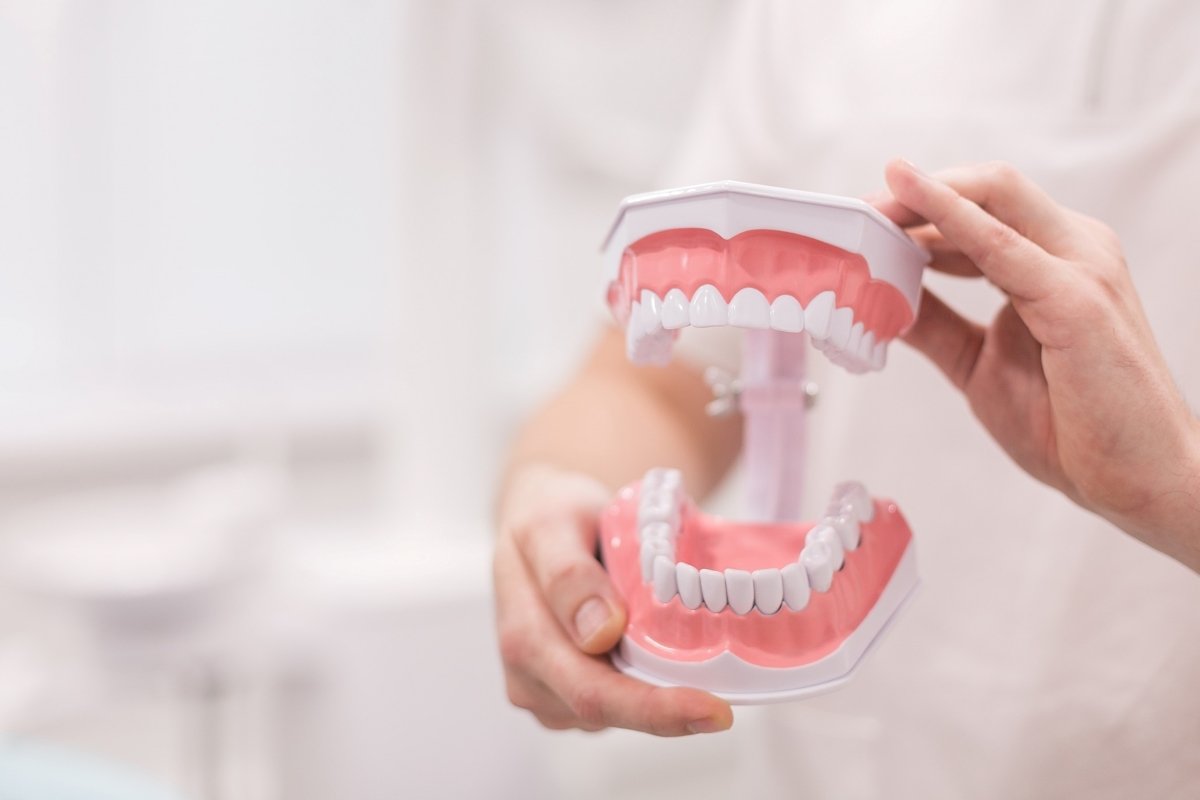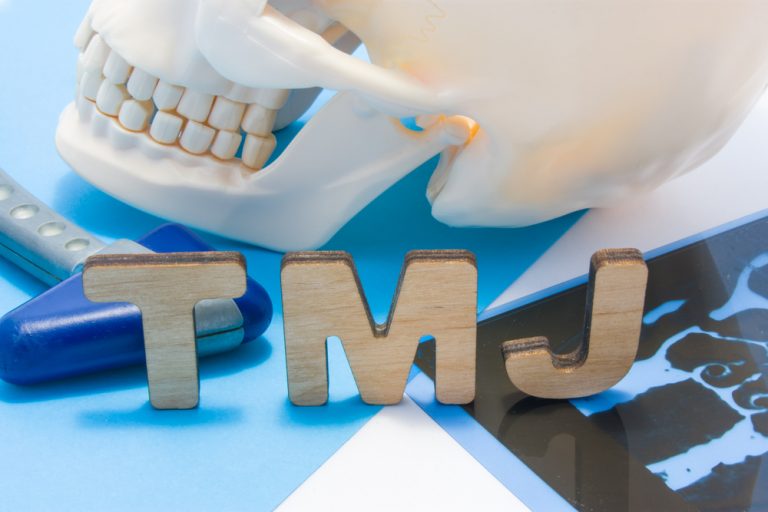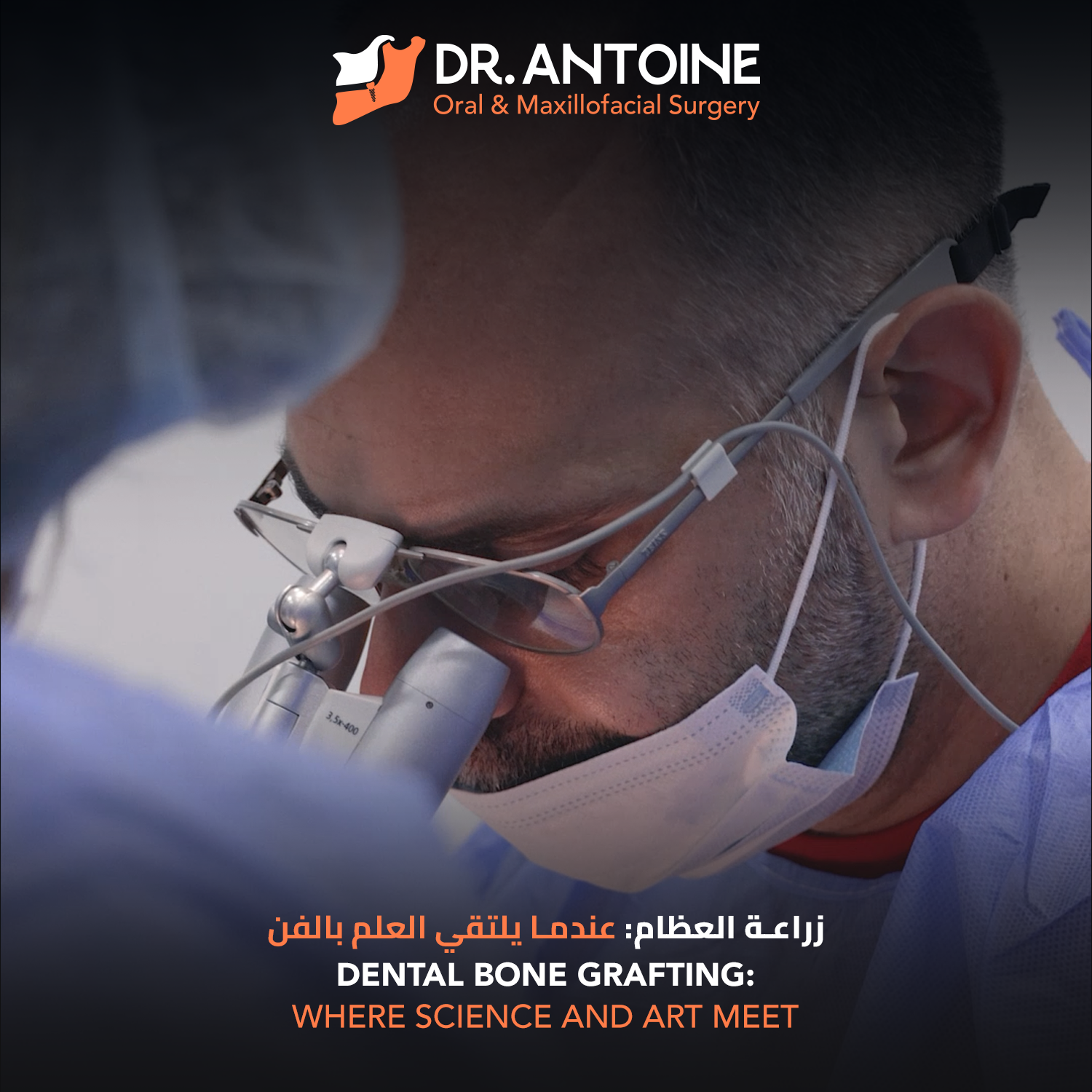Chronic jaw discomfort is a persistent and often debilitating condition that affects millions worldwide. Unlike temporary jaw pain, it can linger for months or even years, significantly impacting one’s quality of life by making daily activities like talking, eating, and yawning painful. This condition is often linked to various factors such as muscle tension, dental complications, or issues with the temporomandibular joint (TMJ). Addressing it with the right treatment is crucial to restoring comfort and functionality. Here, we explore in-depth the causes, symptoms, and treatment options for chronic jaw discomfort, including surgical interventions for severe cases.
Understanding Chronic Jaw Discomfort

Chronic jaw discomfort is more than just an occasional ache; it’s an ongoing issue that may vary in intensity, ranging from mild stiffness to severe, unrelenting pain. For those affected, this condition can make simple actions such as chewing or even smiling painful. The discomfort can be present on one or both sides of the jaw, or even radiate to the neck, temples, and ears. Understanding the underlying causes of chronic jaw discomfort is essential for determining the best treatment strategy, whether it’s lifestyle changes, medication, or surgical intervention.
Causes of Chronic Jaw Discomfort
Various factors contribute to chronic jaw discomfort. Some causes are related to lifestyle habits, while others stem from medical or structural issues:
- Temporomandibular Joint (TMJ) Disorders
TMJ disorders are a primary cause of this discomfort. These disorders affect the hinge-like joint connecting the jawbone to the skull, leading to pain, stiffness, and limited jaw mobility. People with TMJ disorders may experience discomfort due to inflammation, misalignment, or damage to the joint. - Bruxism (Teeth Grinding)
Bruxism, the habitual grinding or clenching of teeth, can lead to ongoing jaw pain by exerting excessive pressure on the jaw muscles. Many people grind their teeth unknowingly during sleep, causing gradual wear and tear on the jaw muscles and temporomandibular joint. - Arthritis
Both osteoarthritis and rheumatoid arthritis can affect the TMJ, leading to chronic pain and stiffness. Arthritis-related discomfort is often accompanied by inflammation, reduced range of motion, and, in severe cases, structural changes in the joint. - Dental Issues
Dental problems, including abscesses, misaligned teeth, and gum disease, can cause or exacerbate ongoing jaw pain. Tooth infections, especially when untreated, can spread to the surrounding jaw area, creating additional pain and pressure. - Infections
Certain infections, like sinusitis, can indirectly lead to ongoing jaw pain. For example, sinus inflammation may cause pressure to build up near the jaw, leading to aches and discomfort. Other infections, such as mumps, may cause pain as they affect the salivary glands located near the jaw. - Trauma or Injury
A broken or dislocated jaw can lead to long-term discomfort if the injury does not heal correctly or if complications arise. Even minor trauma, such as repetitive strain from poor posture, can affect the jaw over time.
Understanding these causes is crucial to managing chronic jaw discomfort effectively. Accurate diagnosis helps healthcare professionals recommend the most effective treatments.
Symptoms of Chronic Jaw Discomfort
The symptoms can vary greatly, depending on the root cause and individual differences. Key symptoms to watch for include:
- Persistent Aching or Throbbing: Chronic pain that can range from a dull ache to sharp, throbbing sensations, typically centered in the jaw area.
- Stiffness in the Temporomandibular Joint: Restricted range of motion when attempting to open or close the mouth fully.
- Clicking or Popping Sounds: Audible sounds such as clicks or pops during jaw movement, which may be painful or accompanied by a feeling of grinding.
- Radiating Pain: Pain that spreads from the jaw to other areas, including the ears, neck, and temples.
- Headaches or Migraines: Discomfort can often lead to tension headaches or migraines due to the strain on surrounding muscles.
If any of these symptoms persist or worsen, seeking professional care is essential to manage chronic jaw discomfort.
Diagnosing Chronic Jaw Discomfort
A thorough diagnosis is essential to determine the exact cause. Diagnostic methods may include:
- Physical Examination
During a physical exam, a doctor or dentist will evaluate the jaw’s range of motion, listen for any abnormal sounds, and assess tenderness or pain points around the jaw and neck. - Dental X-rays
X-rays help identify structural issues within the jaw, such as misalignment, fractures, or signs of arthritis that could be causing the discomfort. - MRI and CT Scans
Advanced imaging tests, like MRI or CT scans, provide a detailed view of both hard and soft tissues. These scans can reveal damage or inflammation within the TMJ or detect soft tissue abnormalities contributing to chronic jaw discomfort.
By combining these methods, healthcare providers can obtain a complete picture of the jaw’s condition and recommend the most suitable treatment options.
Treatment Options for Chronic Jaw Discomfort
The treatment for chronic jaw discomfort depends on its underlying cause. Both conservative and advanced options are available, and a multi-disciplinary approach often yields the best results.
1. Conservative Management
- Resting the Jaw: Avoid excessive chewing or talking to reduce strain on the jaw muscles and alleviate discomfort.
- Soft Diet: Eating soft foods, such as yogurt, soups, and mashed vegetables, can reduce the need for intense chewing.
- Heat and Cold Therapy: Applying warm or cold compresses can help reduce inflammation and ease pain.
- Jaw Exercises: Gentle stretches and exercises, often guided by a physical therapist, can help restore flexibility and reduce muscle tension.
2. Medications
- NSAIDs: Non-steroidal anti-inflammatory drugs like ibuprofen can help alleviate pain and inflammation.
- Muscle Relaxants: In some cases, muscle relaxants are prescribed to ease jaw muscle tension.
- Antidepressants: Low doses of antidepressants may be prescribed to help relieve chronic pain associated with jaw discomfort, particularly for those experiencing stress-related symptoms.
3. Orthodontic Devices
- Mouthguards: Night guards can prevent teeth grinding, reducing strain on the jaw and alleviating pain.
- Splints: Worn over the teeth, splints can hold the jaw in a more relaxed position, especially for those with TMJ disorders.
Advanced Treatments for Chronic Jaw Discomfort
If conservative measures do not provide relief, advanced treatments may be necessary.
1. Physical Therapy
Physical therapy techniques include specialized jaw exercises that strengthen muscles, improve alignment, and alleviate discomfort.
2. Injections
- Corticosteroid Injections: These injections reduce inflammation in the TMJ for individuals with arthritis-related pain.
- Botox Injections: In some cases, Botox injections can reduce muscle spasms and tension that contribute to jaw discomfort.
3. Surgical Intervention
In severe cases, surgery may be necessary to resolve chronic jaw discomfort. Procedures such as arthroscopy or total joint replacement are aimed at restoring function and relieving pain.
If you’re struggling with ongoing jaw pain, consider consulting Dr. Antoine Habib, an experienced oral and maxillofacial specialist with expertise in TMJ-related treatments. Dr. Antoine provides comprehensive care using advanced diagnostic techniques to create personalized treatment plans. Whether you need conservative management, injections, or surgery, Dr. Antoine’s clinic is equipped to address all aspects of chronic jaw discomfort.
Read more: Comprehensive Guide to Surgery of the Temporomandibular Joint (TMJ) by Dr. Antoine Habib
Managing Chronic Jaw Discomfort at Home
Self-care plays a key role in managing jaw pain and can support medical treatments. Here are some helpful practices:
- Avoid Jaw Clenching: Try to keep your jaw relaxed throughout the day, even during stressful situations.
- Maintain Good Posture: Proper posture reduces tension in the jaw and neck, easing discomfort.
- Stress-Relief Techniques: Meditation, deep breathing, and gentle yoga can help reduce stress-related jaw tension.
- Limit Caffeine: Caffeine can exacerbate teeth grinding and jaw clenching, which worsens chronic jaw discomfort.
Preventing Chronic Jaw Discomfort
Taking preventive steps can help reduce the risk of developing ongoing jaw pain. Here are some recommendations:
- Protect Your Jaw: Use protective gear in sports to avoid injuries that could lead to chronic jaw discomfort.
- Maintain Dental Hygiene: Regular brushing, flossing, and dental check-ups help prevent infections that can cause jaw pain.
- Manage Stress: Managing stress through relaxation techniques can prevent jaw clenching and teeth grinding, both of which contribute to chronic jaw discomfort.
When to Seek Medical Attention
While some cases of chronic jaw discomfort resolve with home care, persistent or worsening symptoms may require professional intervention. It’s advisable to seek medical help if:
- Jaw pain persists or intensifies
- There’s difficulty in opening or closing the mouth
- Pain radiates to the chest, which could indicate a heart condition
Get Professional Help for Chronic Jaw Discomfort
If you’re experiencing persistent chronic jaw discomfort that affects your quality of life, it’s time to consult an expert. Dr. Antoine Habib offers specialized treatment for jaw pain and TMJ disorders at his clinic, providing both non-surgical and surgical options tailored to each patient’s needs. With his expertise in diagnosing and managing chronic jaw discomfort, Dr. Antoine can help you find lasting relief. Schedule a consultation today and take the first step towards a pain-free life. contact us today
For advanced care, cutting-edge technology, and a compassionate approach, trust Dr. Antoine’s the best dental clinic in Dubai to help you manage and overcome chronic jaw discomfort. Contact us at [clinic phone number] or visit our website to book an appointment.




